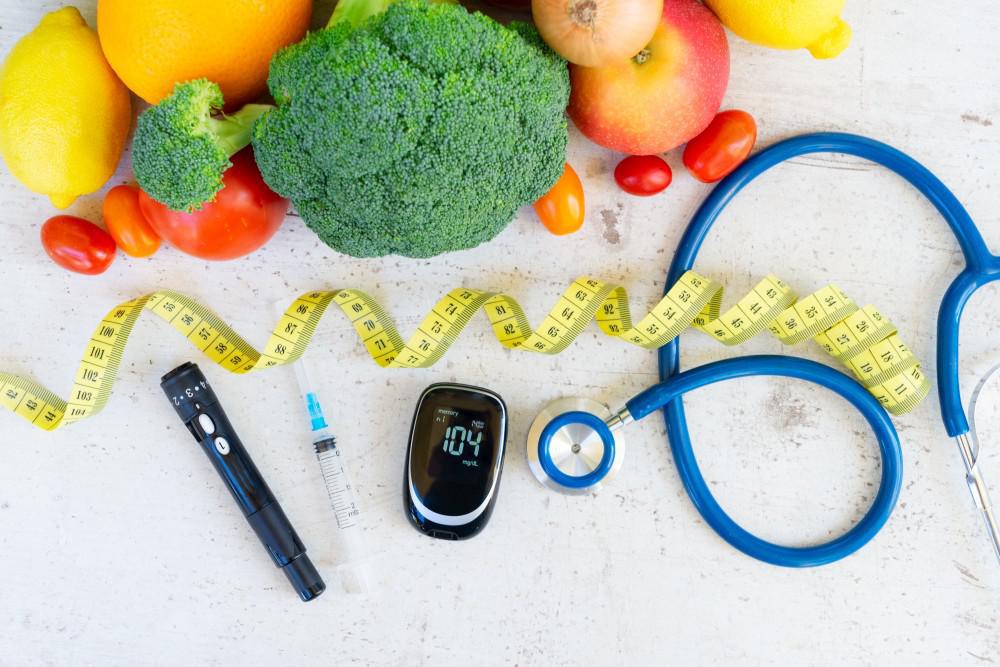If you have diabetes, you probably know how important it is to watch what you eat, get plenty of exercise, and take your medication as directed by your doctor. But did you know other habits can help manage your condition? If not, read on for some simple tips on how to keep yourself healthy in the face of diabetes:
Keep track of your blood sugar
If you have diabetes, you will need to check your blood sugar levels on a regular basis. You also need to know what to do if they are high or low.
You should check your blood sugar at least once per day—and more often, depending on the type of diabetes you have and how it affects you. For example, if your doctor recommends a particular schedule for monitoring, follow his suggestions closely.
Educate yourself about diabetes
When you have diabetes, it’s important to educate yourself about the disease. You should learn about all types of diabetes, including type 1 and type 2. You should also learn about the different medications that treat diabetes and their side effects. Also, learn about some of the complications that may occur from having diabetes and how to manage them.
You can also make a weekly diabetes food list for diabetes patients and keep on changing the menu according to their mood and choices.
Exercise regularly
It’s important to exercise regularly. Exercise helps you lose weight and lowers your blood sugar. In fact, regular aerobic exercise can prevent or delay the onset of type 2 diabetes in people who are at risk.
You should aim for at least 30 minutes of moderate-intensity aerobic activity on most days of the week (or a total of 150 minutes per week). You can break up your workouts into smaller sessions throughout the day if that fits better into your schedule, but try not to go more than two hours without doing something active.
Get plenty of rest
One of the most important things you can do to manage your diabetes is to get plenty of rest. This means getting an adequate amount of sleep each night, as well as taking breaks throughout the day to relax and recharge.
The amount of rest that you need depends on your age, weight, and activity level. For example, if you are young and active or large in stature with a higher-than-average body mass index (BMI), then you will likely require more sleep than someone who is older or much smaller in size.
Don’t drink too much alcohol
Alcohol can lower blood sugar, but it can also raise blood sugar. Since alcohol doesn’t contain any nutrients and the calories in alcohol are not used by your body, drinking too much can cause weight gain and make it more difficult to lose weight later on. According to diabetic experts Tandem Diabetes, “Always consult with a healthcare professional to discuss possible interactions between alcohol and medications.”
You now understand the basics of managing diabetes, and you can take steps to improve your condition. It’s important to talk with your doctor about any concerns you have and how he can help you manage diabetes. Remember, though: it’s also up to you! You are in charge of your own health care decisions, and there are many resources available that will help guide those choices along the way.


